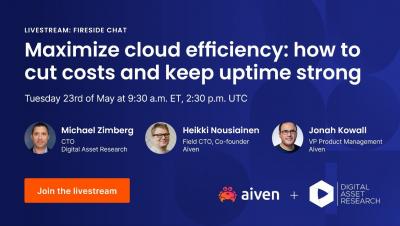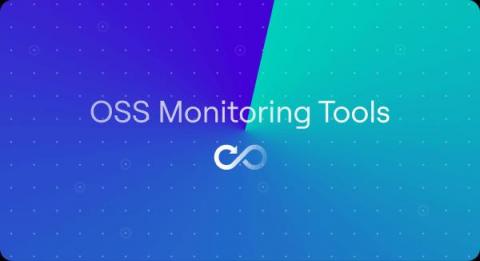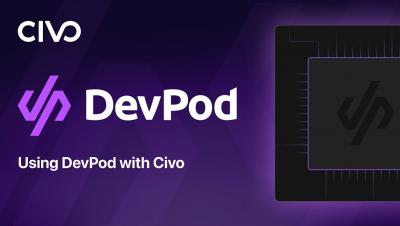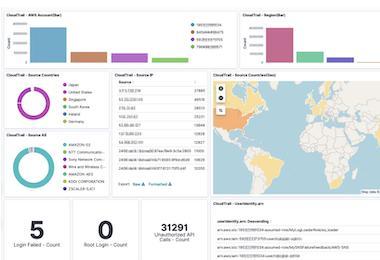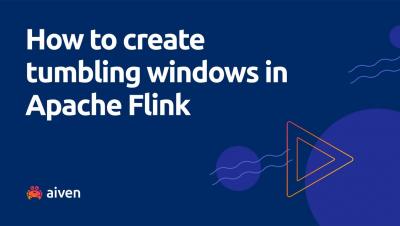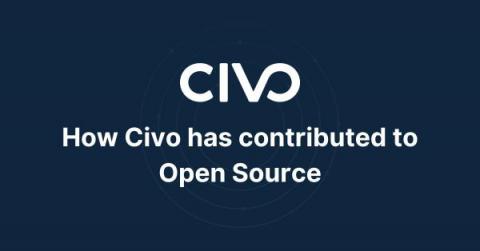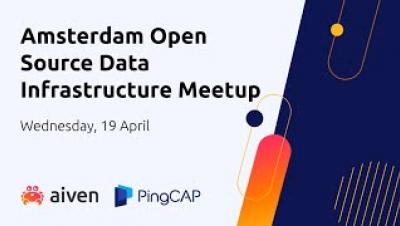Operations | Monitoring | ITSM | DevOps | Cloud
Open Source
How to create sliding windows in Apache Flink
Top 10 Open-Source Monitoring Tools for Modern DevOps Teams in 2023
In 2023, monitoring is essential to modern DevOps teams' work. DevOps teams need reliable and flexible tools to effectively monitor and manage complex systems that can provide real-time insights into system performance, availability, and security. Open-source monitoring tools have become increasingly popular due to their cost-effectiveness, flexibility, and community support.
Insights into Observability Tools: Commercial vs. Open-Source
Observability has become a critical aspect of modern software development and operations, allowing organizations to gain insights into the health and performance of their applications and systems. One of the key decisions when implementing observability is choosing between commercial or open-source tools. We spoke to several professionals who shared their experiences and insights on this topic, shedding light on the pros and cons of each approach.
Level Up Your Development with DevPod: Open-Source Tool - Civo.com
The Leading Open Source Dashboard Software
There are many advantages to using dashboards that are powered by open-source technology that make them a compelling choice for many organizations. Below we will discuss some of the major benefits of using dashboards that are built with the help of open-source technology, along with examples of some of the leading use cases for which open-source technology has been utilized.
Apache Flink Tumbling Windows
Apache Flink Window Types
How Civo has contributed to open source
Over the years, open source has become a way of working that allows people to modify and share designs to inspect, alter, and enhance source code. This has led to a range of benefits for users of open source, such as having more control over software, better security, more stability, and an inspired community. Last year, Mark Boost, CEO at Civo, spoke with OpenUK as part of their yearly report to discover the UK’s journey with open source.


